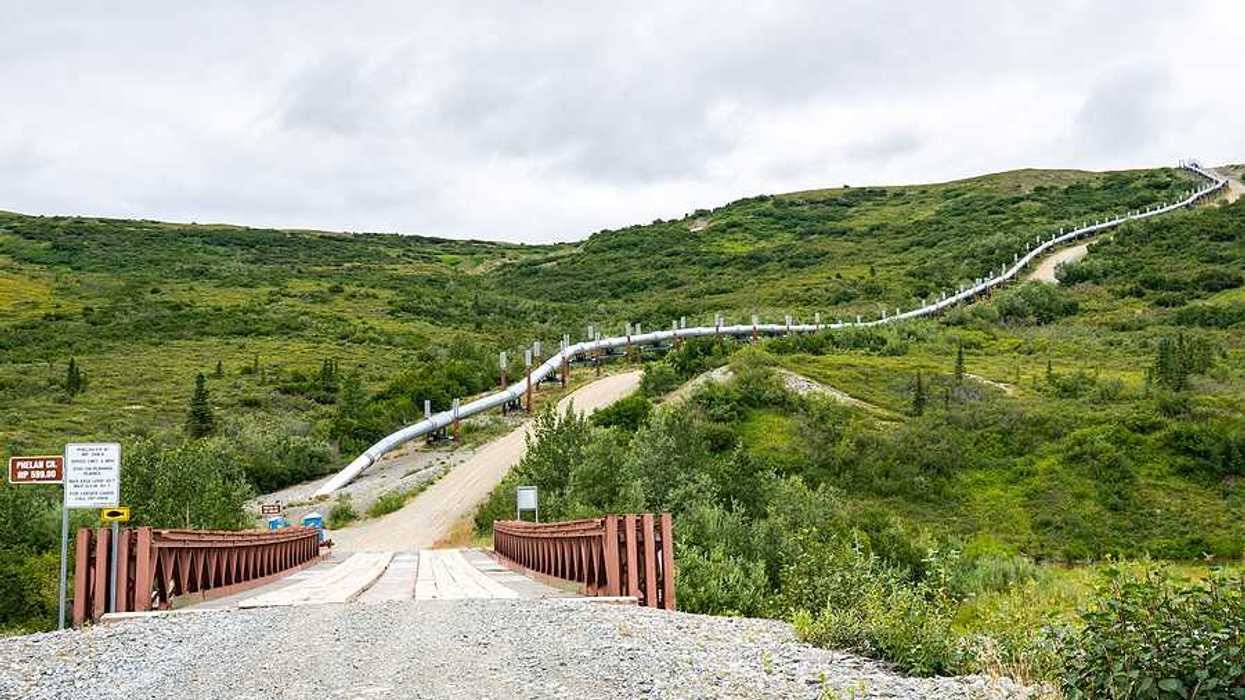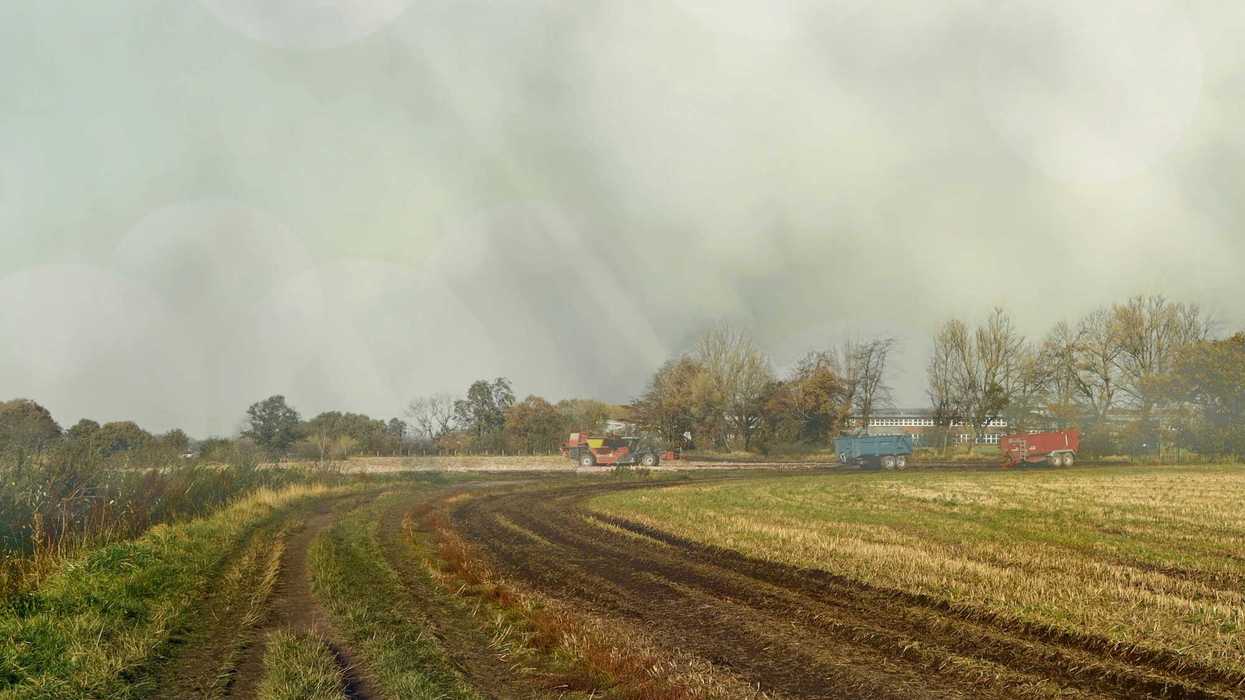In a close vote, South Dakota's House Commerce and Energy Committee rejected a bill aimed at preventing carbon sequestration pipelines from using eminent domain, continuing a contentious debate over property rights and environmental concerns.
Joshua Haiar reports for South Dakota Searchlight.
In short:
- The proposed bill sought to limit eminent domain for pipelines transporting carbon dioxide primarily for sequestration, rather than commercial use.
- The rejection reflects a clash between protecting landowner rights and supporting the state's ethanol industry, which relies on the pipeline for environmental compliance.
- The debate highlights broader issues of climate change mitigation and the role of carbon sequestration in national environmental strategies.
Key quote:
“We have decided as a nation that we don’t want carbon dioxide in the environment because of concerns about climate change. I understand some of us in South Dakota would like to argue with that.”
— David Owen, South Dakota Chamber of Commerce and Industry
Why this matters:
This decision underscores the complex balance between environmental responsibility and individual property rights, a dilemma central to national discussions on climate change and sustainable infrastructure development.














